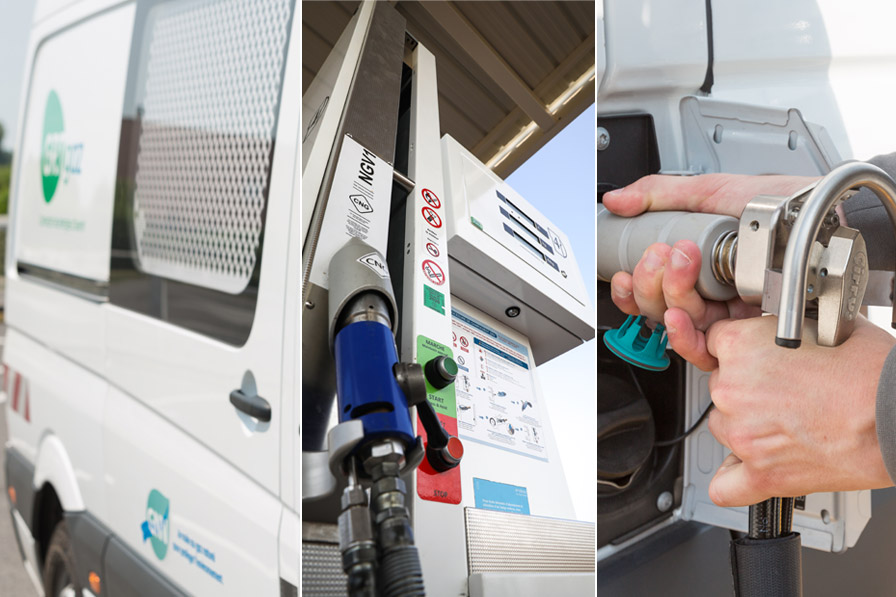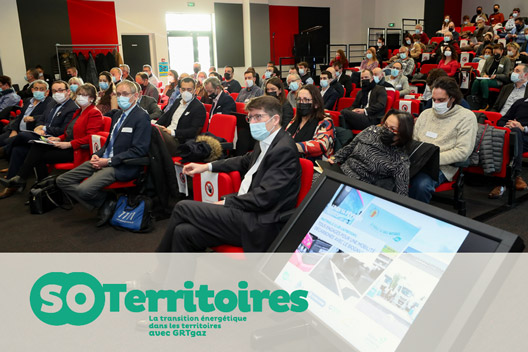Towards the mobility of tomorrow

Biomethane fuel (so-called bioNGV) is beginning to make its presence felt in the new energy landscape. It reduces vehicle CO2 emissions by 80% compared to the petrol or diesel equivalents. In 2021, the registration of bioNGV-compatible vehicles increased by 30%1, with 95 new refuelling stations. Biogas is emerging from the shadows.
Investments by both public and private stakeholders in bioNGV and bioCNG (compressed natural gas) reflect this growth. The French Post Office will soon roll out eight refuelling stations for its vehicle fleet2. For heavy mobility, all eyes are on bioLNG. Producing liquefied biomethane from household waste is currently being studied at the Grand Port Maritime de Marseilles3 and in Le Havre4. This “Made in France” bioLNG could fuel the container ships of tomorrow to meet the challenge of decarbonising the sector.
In this fast-changing universe, mention must also go to renewable hydrogen mobility, which has a bright future. The first hydrogen-powered buses are being commissioned in France, and 14 hydrogen-powered trains built by Alstrom are running in Germany (5) as of this year. Yearly CO2 emissions will be reduced by 4,400 tonnes as a result. A new era is upon us!
1. Source: AFGNV
2. Source: gaz-mobilite.fr
3. Source: CMA CGM
4. Source: ENGIE
5. Source: lefigaro.fr
Pour aller plus loin
